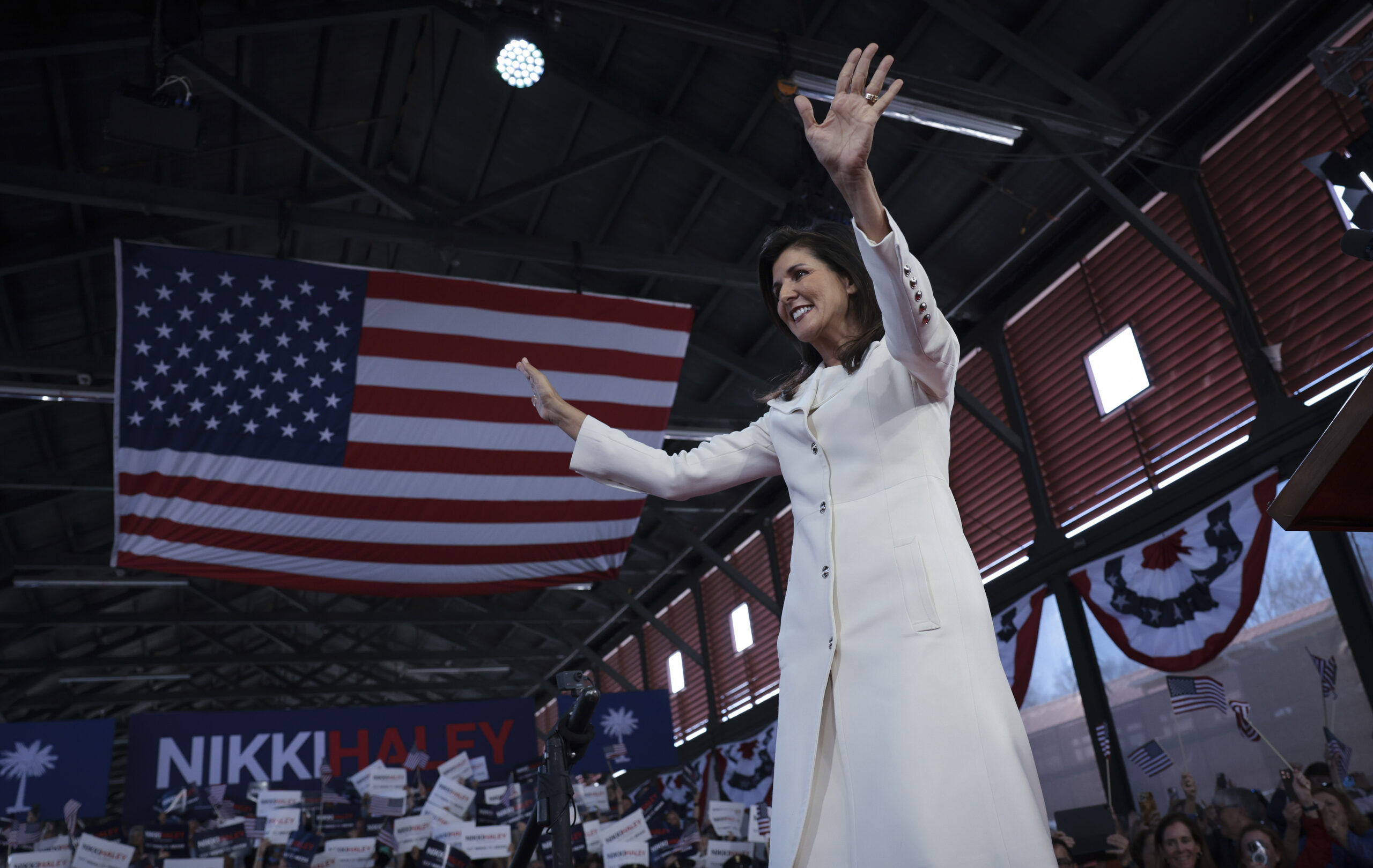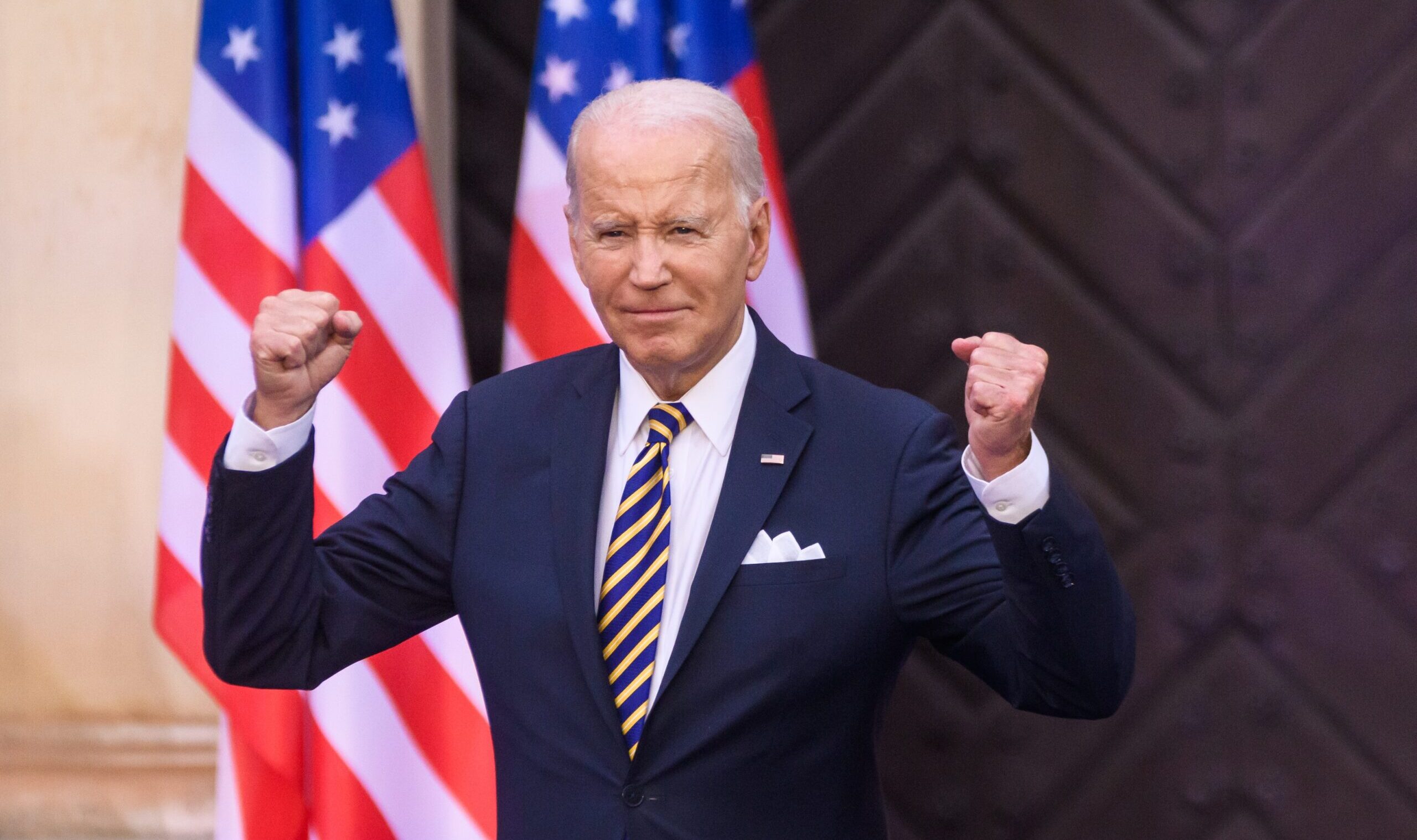How Seriously Should We Take Haley’s New Hampshire Overperformance?
The presidential campaigns of Jesse Jackson and Pat Buchanan show how the future could belong to Trump’s last opponent for the nomination. The post How Seriously Should We Take Haley’s New Hampshire Overperformance? appeared first on The American Conservative.

How Seriously Should We Take Haley’s New Hampshire Overperformance?
The presidential campaigns of Jesse Jackson and Pat Buchanan show how the future could belong to Trump’s last opponent for the nomination.

Barring an unforeseen event involving Donald Trump’s health, Nikki Haley will not be the Republican nominee for president in 2024 or, most probably, in any year afterward. Yet there’s a real chance she can still make history if she continues her doomed presidential run.
Over the last few decades, a political party’s future has been created as much by its presidential losers as by its winners.
This isn’t just the case for candidates who have a trial run before clinching a party’s nomination, like Ronald Reagan in 1976, John McCain in 2000, or Hillary Clinton in 2008; people who never become president or even the party’s nominee shape the party’s future insurgency.
In 1984, the Rev. Jesse Jackson ran for the Democratic Party nomination on a far-left identity-driven platform. He promised support, if he were elected, for a Palestinian state, universal healthcare, reparations to the descendants of slaves, and declaring apartheid-era South Africa a rogue nation. Jackson won three states that year, receiving 3.28 million votes.
Centrist Democrats assumed he was a joke, but four years later, Jackson came in second place with nearly 7 million votes by creating a “Rainbow Coalition” of minorities and college-educated white progressives. He promised to wipe America clean of its racist past, standing on the steps of Stanford University with progressive students chanting, “Hey, hey, ho, ho, Western Civ has got to go.”
That year, Jackson won 10 states, Washington D.C., and Puerto Rico. While none of the issues he ran on ended up on the Democratic platform in 1988, his vision of a progressive future centered around racial identity and an attack on America’s foundations is the center of progressive politics nearly 40 years later—not only with the destruction of statues and the assaults on American history, but the push by leaders in the Democratic Party to place racial identity above all else.
America’s two largest states governed by Democrats, California and New York, are examining how they can distribute reparations to the descendants of slaves. President Joe Biden was mandated to pick a black woman as his Vice President and first Supreme Court nominee. Not to mention that seven Democrat Attorney Generals throughout the country offered legal assistance to companies whose DEI policies would be considered racially discriminatory, primarily against whites and Asians.
Jackson lost the election in 1988, but he won the future of the Democratic Party, much in the same way Sen. Bernie Sanders of Vermont would in 2016 and 2020 during his two failed bids for the White House. In the process, he elevated a coalition of progressive organizations that would help fund and become the brain trust for “The Squad,” the Green New Deal, and the anti-Israel protests on the left.
Republicans have seen their fair share of candidates who go on to win by losing.
When Pat Buchanan announced his run against the incumbent President George H.W. Bush in 1992, he challenged him on taxes, trade, and supporting affirmative action. While Buchanan stayed in the race throughout, he put most of his efforts in the early states with a firm focus on New Hampshire. Ross Perot would inevitably run on a similar platform later in the year and receive nearly 20 million votes.
Buchanan’s culture war speech at the 1992 Republican National Convention, which tied his socially conservative values with populist economics, became a blueprint for his return to the campaign trail in 1996.
Although now famous for his more populist positions, Buchanan’s strict Catholic moralism helped propel him with Evangelicals, and he came within two points of winning the Iowa caucus. Republicans had championed the issue of abortion throughout the previous decade. Still, Reagan, despite making pro-life gestures, made no real effort to overturn Roe v. Wade, Bush seemed averse to ever bringing it up unless forced, and Kansas’s Sen. Bob Dole was considered wishy-washy on the issue by the more fundamentalist sector of the right.
Dole’s victory in Iowa that year only came after Buchanan split the devoutly pro-life vote with Alan Keyes.
After Dole’s defeat, the social conservatives who elevated Buchanan in Iowa only increased their political might. Showing that candidates can win early states on a strictly pro-life agenda helped guide the politics of George W. Bush in the following election. W. never shied away from speaking about faith and the pro-life cause. In that respect, he was more like Buchanan than his father.
Buchanan’s populism became a blueprint for the future President Donald Trump, who could have copied and pasted most of Buchanan’s platform on immigration, trade, and foreign policy.
That takes us to Nikki Haley today. Without a path forward, is Haley unveiling a new vision for the GOP or just a vanity project?
While Trump-aligned positions on immigration, trade, China, and foreign policy are on the ascent in the GOP, it is also perhaps true that the cult of personality surrounding him has become so strong that it’s now toxic to many Americans. Several hundred Republicans are running for office as “America First Republicans” while holding positions closer to Haley’s than to Trump’s.
Trump’s candidacy and brand align more with his grievances than the policies he first championed while coming down his gold escalator more than eight years ago. Crowding endlessly about the 2020 election, name-calling, and his flirtation with being an authoritarian figure for a day are turning off a sizable chunk of the electorate—undoubtedly comparable to people like Jackson and Buchanan, who would go on to shape their respective parties in the future.
While Trump’s nomination seems inevitable, nearly half the electorate in the first two contests said, “We’ve seen this movie, and we don’t want to see it again.”
Unironically, Haley has already made history. This year, she became the first female presidential candidate to win a county in a Republican primary and caucus, one in New Hampshire and another in Iowa. If Haley can provide a solid foundation of ideas and goals rather than being the last man standing against Trump, she might have a more significant role as someone who reshapes the party just like other presidential losers.
The post How Seriously Should We Take Haley’s New Hampshire Overperformance? appeared first on The American Conservative.
What's Your Reaction?
















